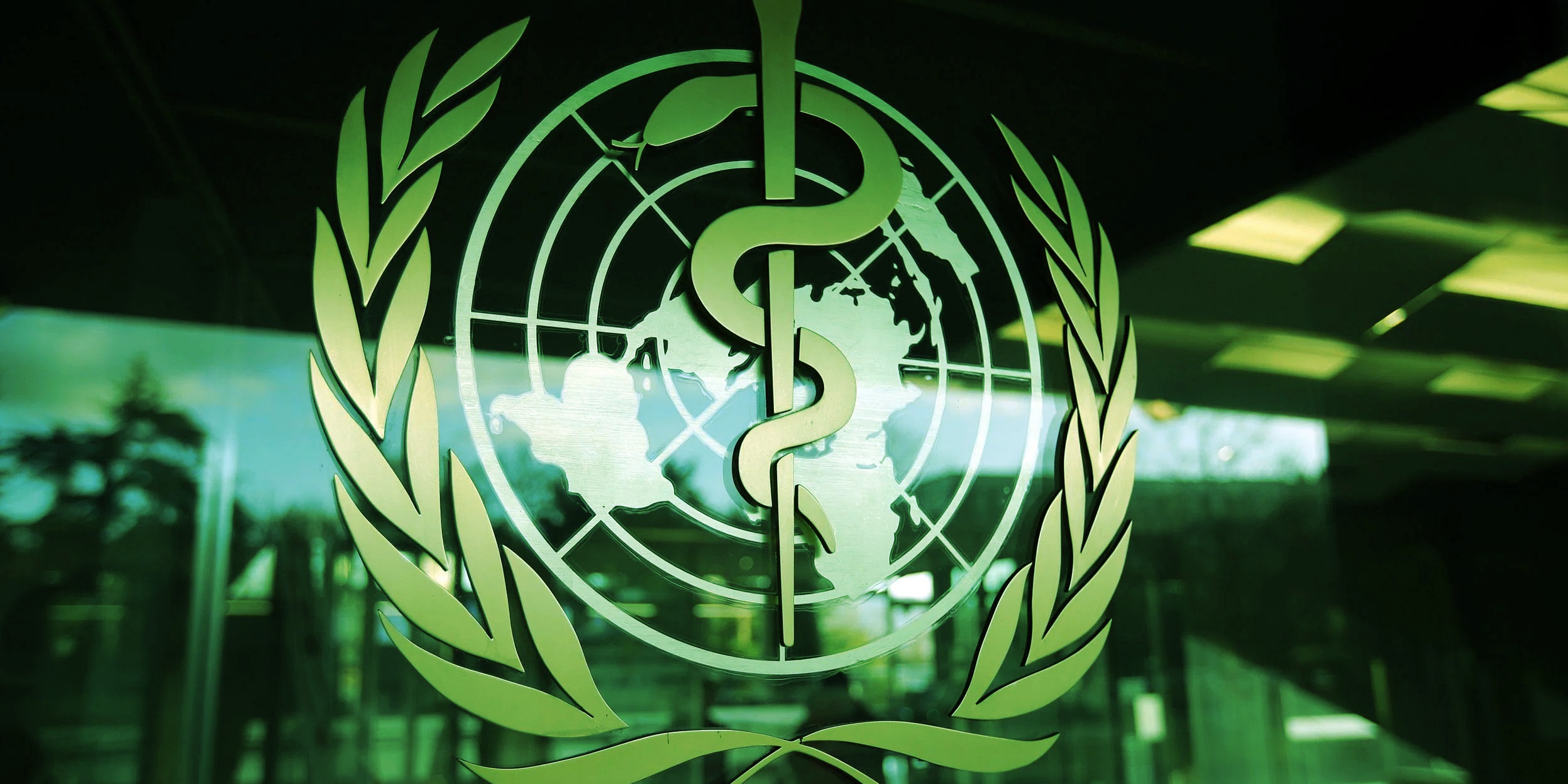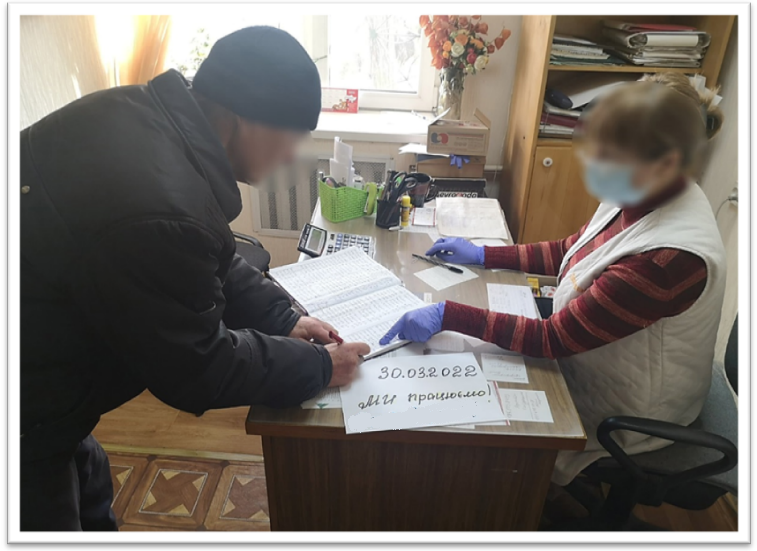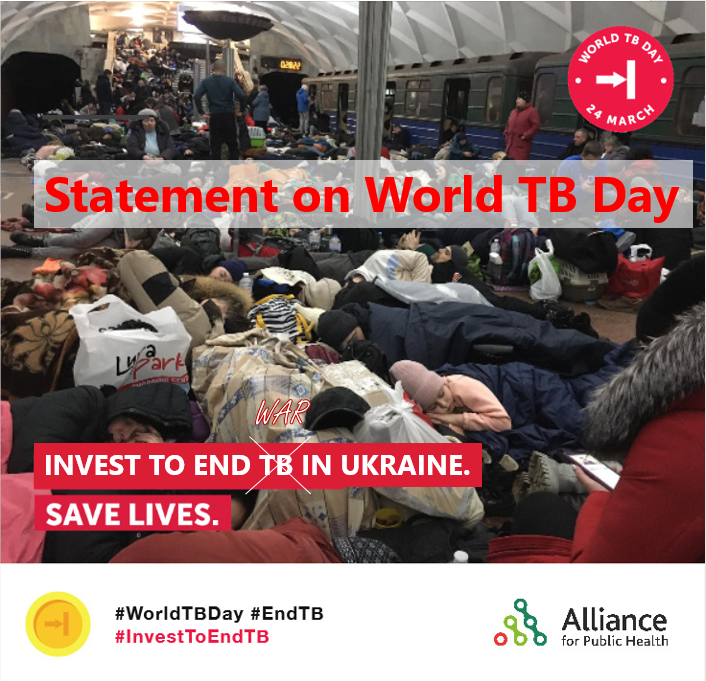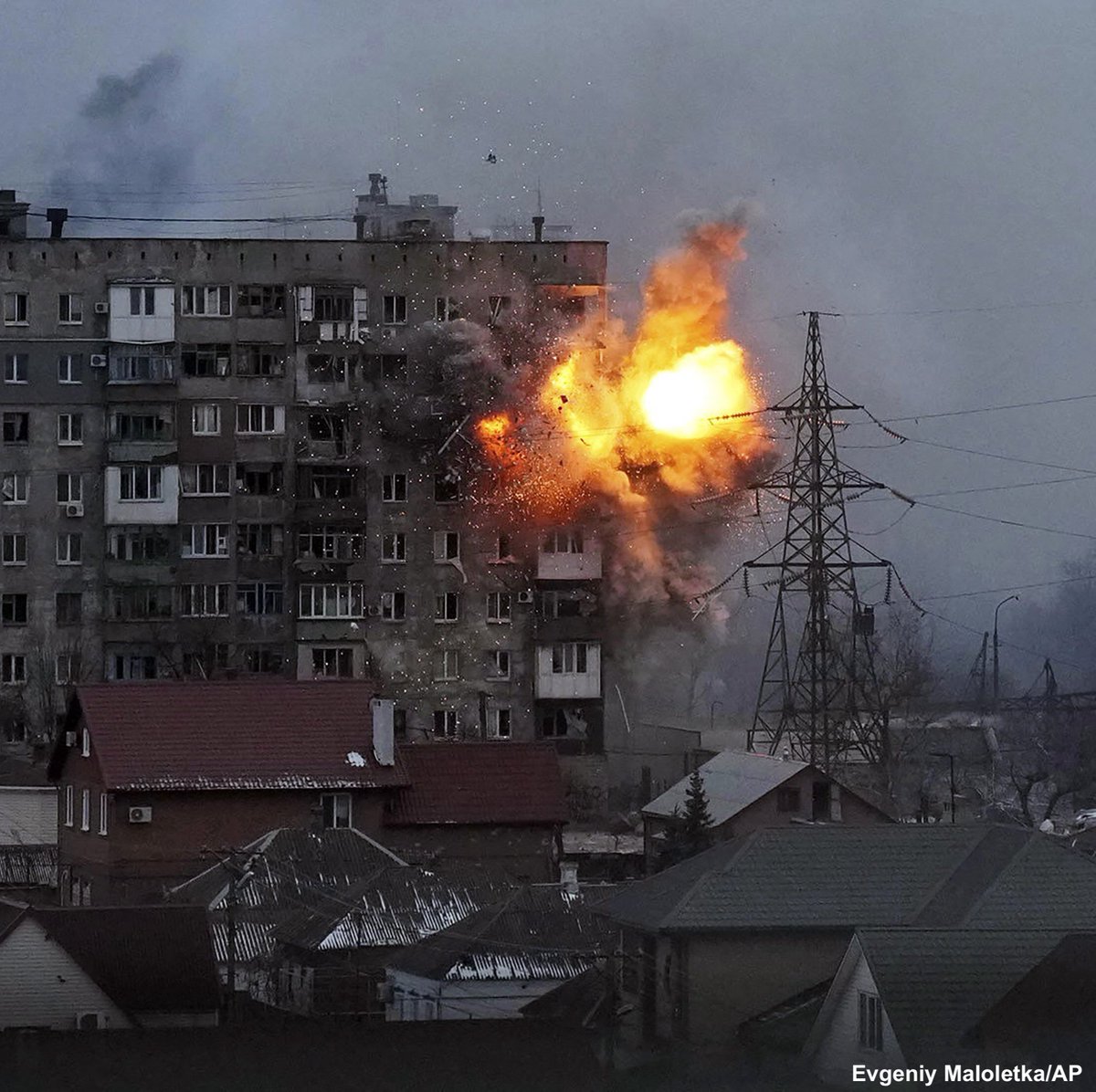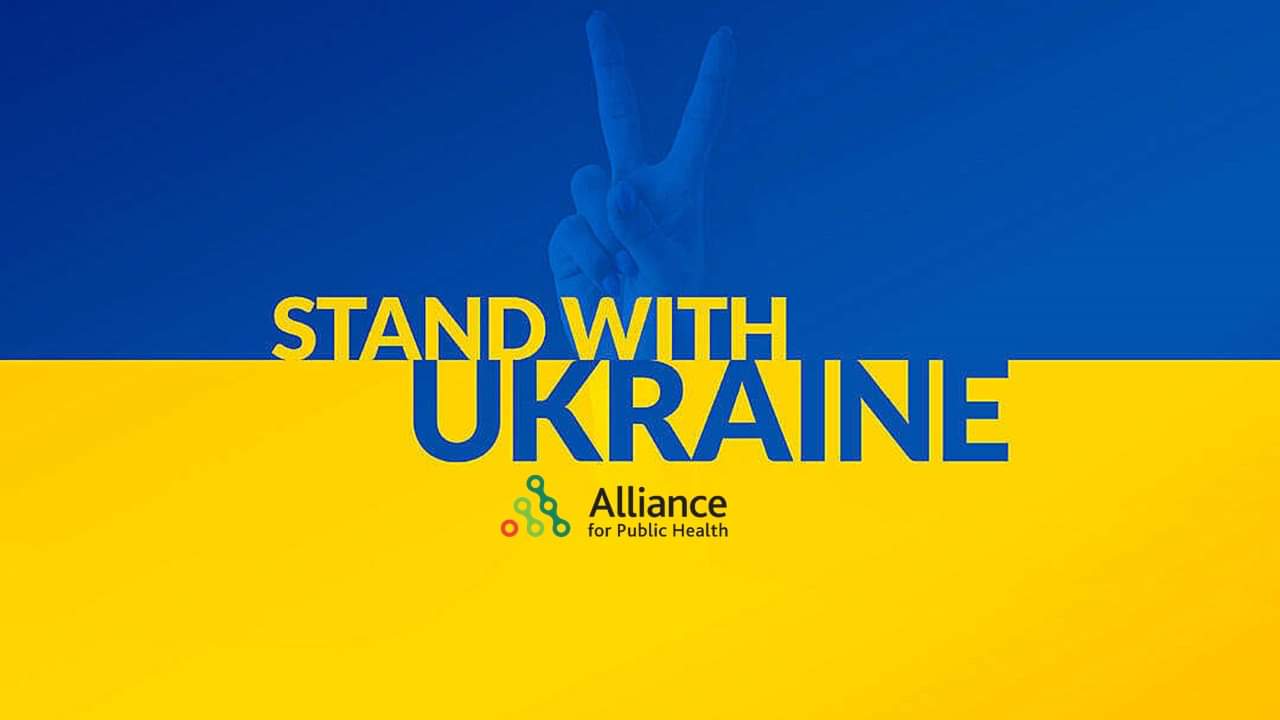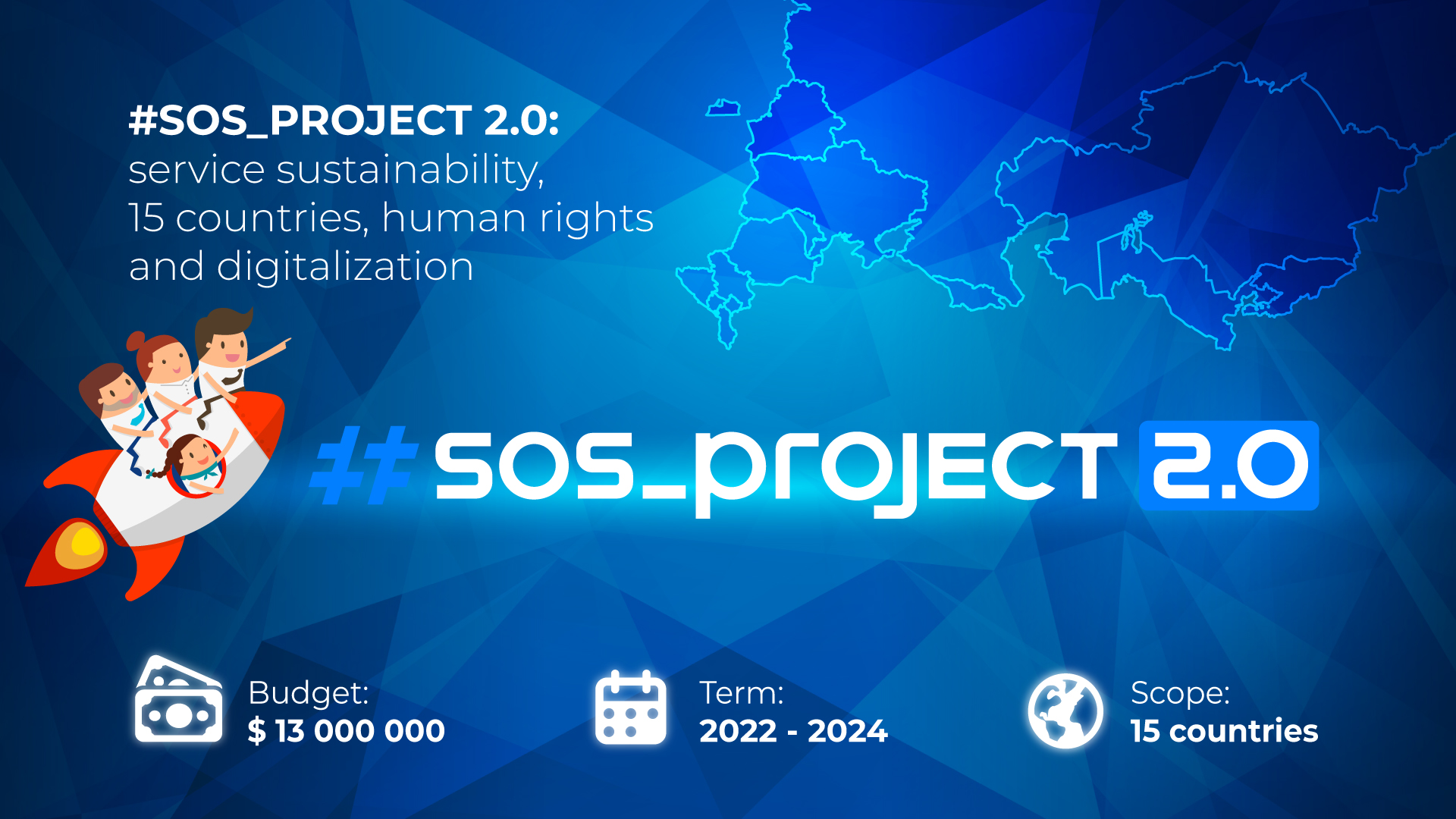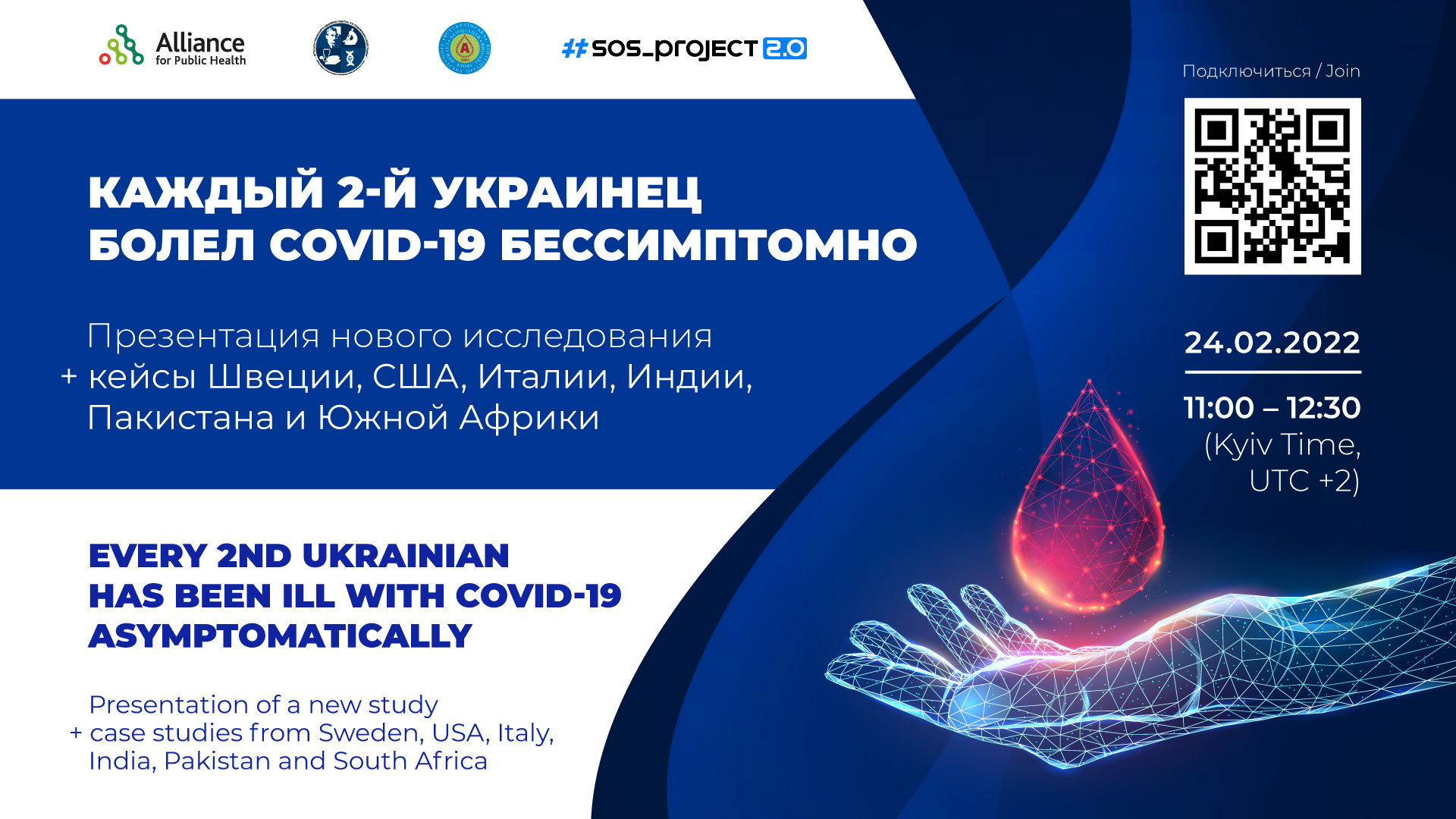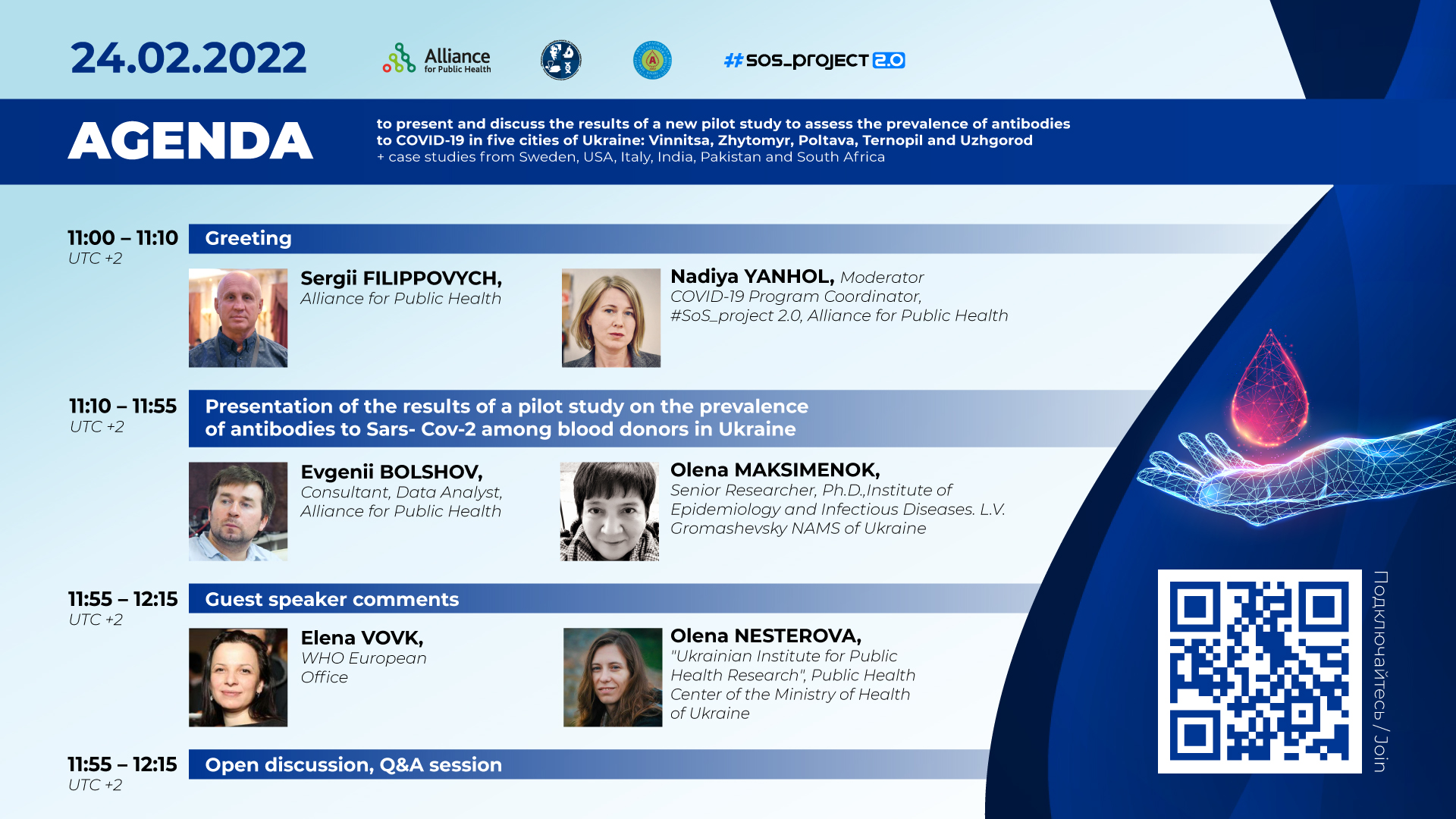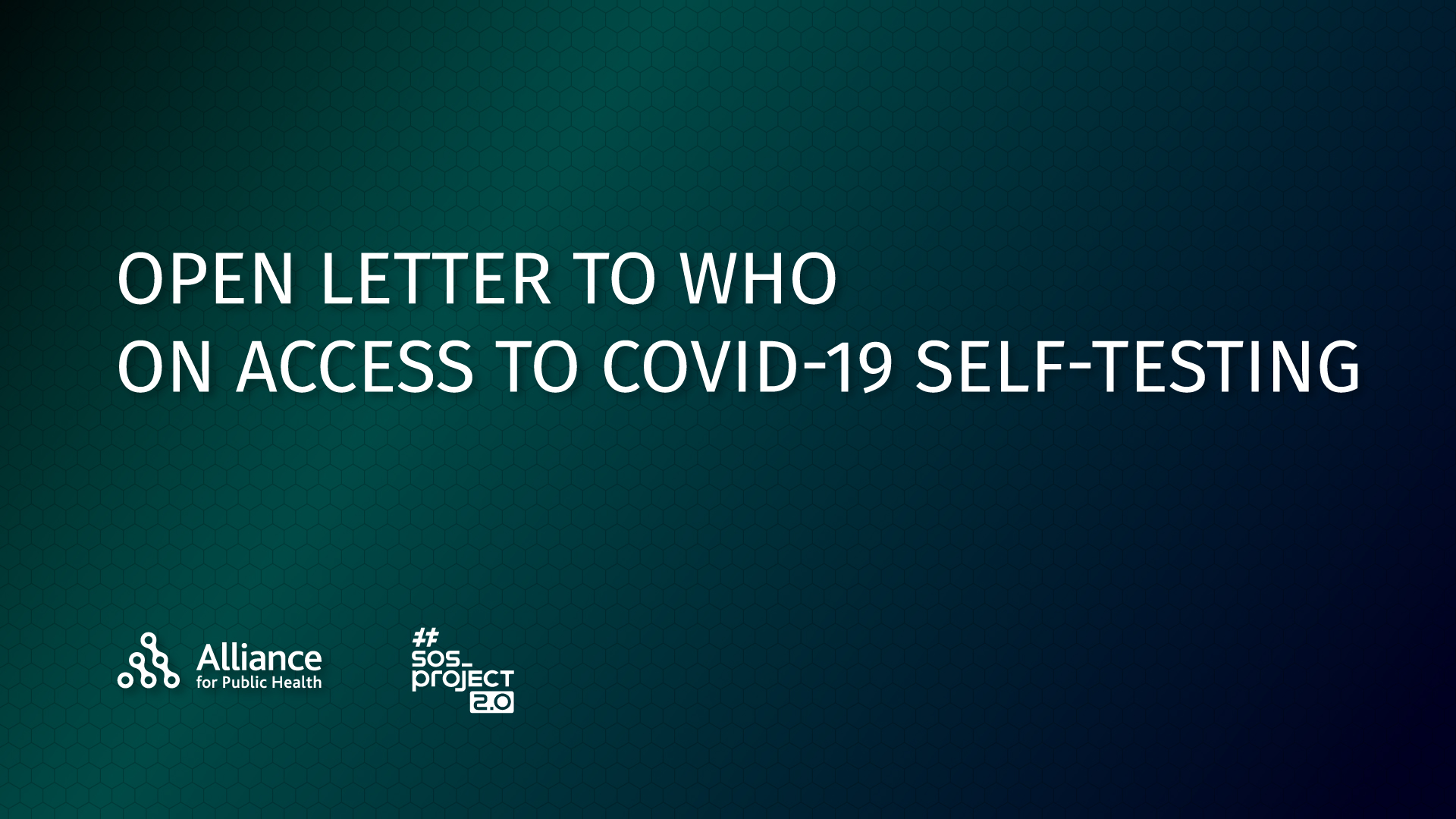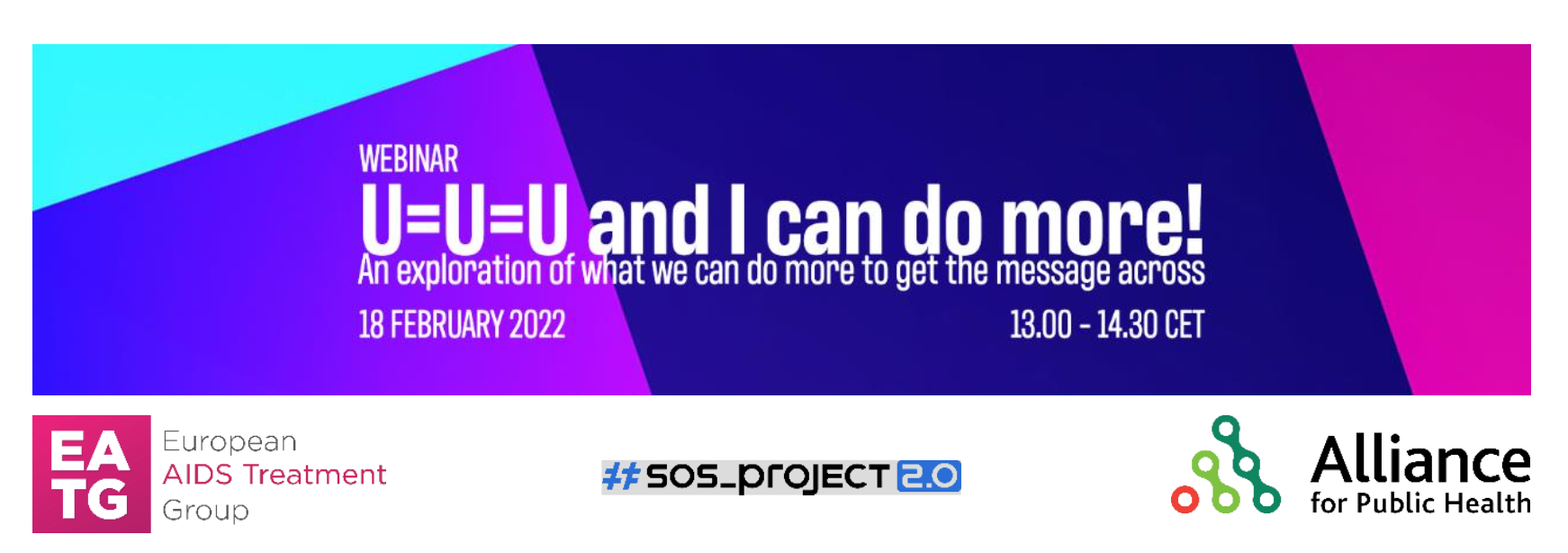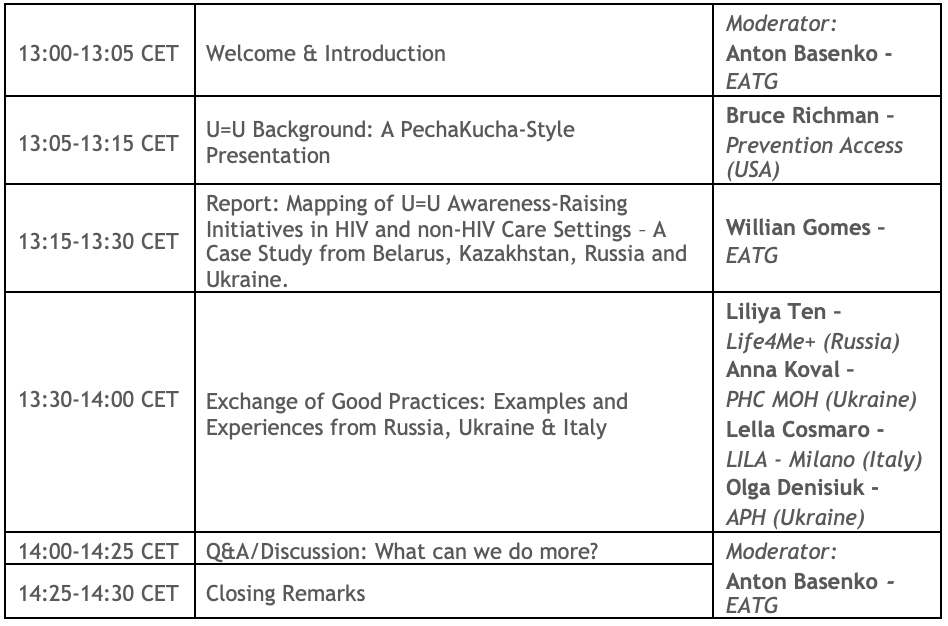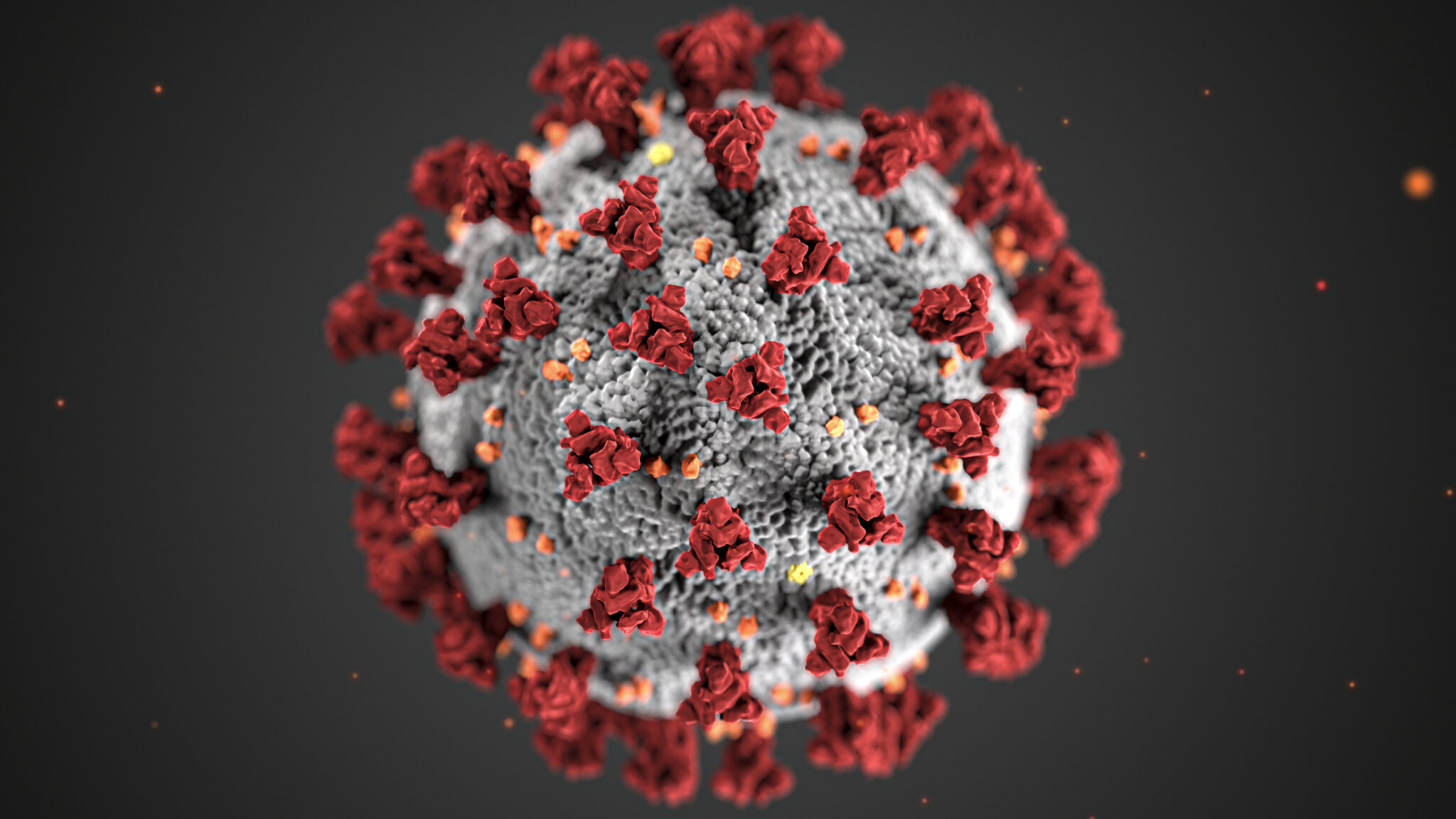The PLOS portal published a new article “COVID Testing Equity: A Reflection Based on 1.5 Years in the ACT-Accelerator”. The post begins by mentioning the statement “Vaccines alone won’t get us out of this pandemic”, which is aimed at numerous participants in the global response to COVID. The vaccination campaign must certainly continue, but sufficient access to testing for COVID-19 is also important to stabilize and control the situation.
The material itself deals with self-testing for COVID as an important component of protecting yourself, your family and society, and one of the world’s leading partnerships – The Access to COVID-19 Tools (ACT) Accelerator platform. It is a pioneering global collaboration launched in 2020 to accelerate the development, production and equal access to COVID-19 tests, treatments and vaccines.
“Access to self-testing is part of people’s fundamental right to information about their bodies,” the publication notes. The need to expand access is written by reputable media and many experts speak, but the authors of the article focus on the importance of quickly developing clear guidance on rapid antigen tests as part of the “test and treat” strategy. It became especially important with the advent of the first outpatient treatment.
What is the situation with access to rapid tests?
For example, in Canada, the #FreeTheRATs information campaign was launched demanding that the government provide free rapid tests for vulnerable categories of the population. Omicron’s surge led to a high demand for rapid antigen tests (RATs) in December 2021, and companies have responded by working around the clock and investing in automation. Germany, on the other hand, invested in rapid tests long before anyone else, while subsidizing access to self-testing antigen tests sold in pharmacies, via mobile devices called “coronabikes” and via vending machines.
Peter Sands, the Executive Director of the Global Fund wrote that “if you give people unfettered access to these easy-to-use tests giving almost instant results, they will use them to protect themselves, their families and communities”.
According to Nadiya Yanhol, C19RM Coordinator of the #SoS_project 2.0 at the Alliance for Public Health, expanding access to rapid tests for COVID-19, in parallel with vaccination, and especially against the backdrop of the emergence of the first drugs in Eastern Europe and Central Asia, is urgently needed in the region. She shared that back in 2020, the #SoS_project team responded as quickly as possible to the COVID-19 pandemic by starting work in this direction.
“In February 2021 the first tests were delivered to Bosnia and Herzegovina to test key populations and their contacts. Seven other project countries also received tests, namely Kazakhstan, Kyrgyzstan, Uzbekistan, Ukraine, Moldova, Montenegro and North Macedonia”. – says Nadiya. “The first results were not long in coming, as Moldova showed 11% among key groups, during outbreaks and regular waves, testing rates were incredibly high, for example, in November 2021 in Ukraine – 75% among MSM and in October 2021 in Kyrgyzstan – 56 % among KGs.”
Also, the authors of the publication “COVID Testing Equity” emphasize the importance of ensuring access to testing by governments and manufacturers. And the demand for testing, they believe, will increase significantly only if the general population and communities have access to competent resources on health literacy and the importance of regular or early testing, the benefits of using rapid testing, and the prospects for outpatient treatment. “As the HIV response has shown us, people will flock to tests when there easily deployed treatment are readily available, resulting in huge health benefits for individuals, families, health systems, and the community at large.”
Study shows how to make it easier for NGOs to use COVID-19 rapid tests
In order to expand access to relatively new rapid tests for COVID-19 in the world, it is important to take into account the existing experience, minimizing potential barriers at the “finish line” of their implementation, namely at the point of contact of tests with the target audience.
“As part of the COVID program, we are approached by representatives of NGOs and representatives of key populations with a request to provide a COVID-19 antigen for self-testing. At the community level, timely identification of clients infected with the virus is very important, because there is a risk of stopping the work of vital HIV services, if quarantine is necessary”, – said Nadiya Yanhol. “The use of tests should be as convenient and safe as possible. After all, the patient takes the analysis on his own, without the participation of the medical staff, which does not require additional material costs. This is very convenient and prevents further spread of COVID-19.”
According to her, the #SoS_project team saw certain risks in the fact that the available tests did not have individual packaging, therefore, to confirm the hypothesis, they conducted a survey among end-users of tests about the convenience of using them in non-individual packaging.
“66% of those surveyed used the test for self-testing. 55%* noted that they experienced obvious discomfort during testing, since the tests were not individually packaged. They noted that sterility is not ensured in this way due to the lack of individual packaging, which is a certain barrier”, says Nadiya. “Today, this request still remains unanswered, as it is not possible to purchase tests in individual packages on the Global Fund’s procurement platform. Also, today there are no WHO recommendations and national guidelines in the EECA countries that would recommend the use of Sars-Cov-2 Ag for self-testing. This is also why we fully support COVID Testing Equity initiated by ACT-Accelerator.”
To read the full version of the article, please follow the link.
Additionally:
The ACT-Accelerator platform was launched at the end of April 2020, at an event co-hosted by the Director-General of the World Health Organization, the President of France, the President of the European Commission, and the Bill & Melinda Gates Foundation, the Access to COVID-19 Tools (ACT) Accelerator brings together governments, scientists, businesses, civil society, and philanthropists and global health organizations (the Bill & Melinda Gates Foundation, CEPI, FIND, Gavi, The Global Fund, Unitaid, Wellcome, the WHO, and the World Bank). Following the ACT-Accelerator launch, UNICEF and PAHO became delivery partners for COVAX, the vaccines pillar.
These organizations have joined forces to speed up an end to the pandemic by supporting the development and equitable distribution of the tests, treatments and vaccines the world needs to reduce mortality and severe disease, restoring full societal and economic activity globally in the near term, and facilitating high-level control of COVID-19 disease in the medium term.
Since April 2020, the ACT-Accelerator partnership, launched by WHO and partners, has supported the fastest, most coordinated, and successful global effort in history to develop tools to fight a disease, as well as such an initiative as “COVID Testing Equity”. With significant advances in research and development by academia, private sector and government initiatives, the ACT-Accelerator is on the cusp of securing a way to end the acute phase of the pandemic by deploying the tests, treatments and vaccines the world needs.
*of respondents who used the test from the general packaging for individual testing
